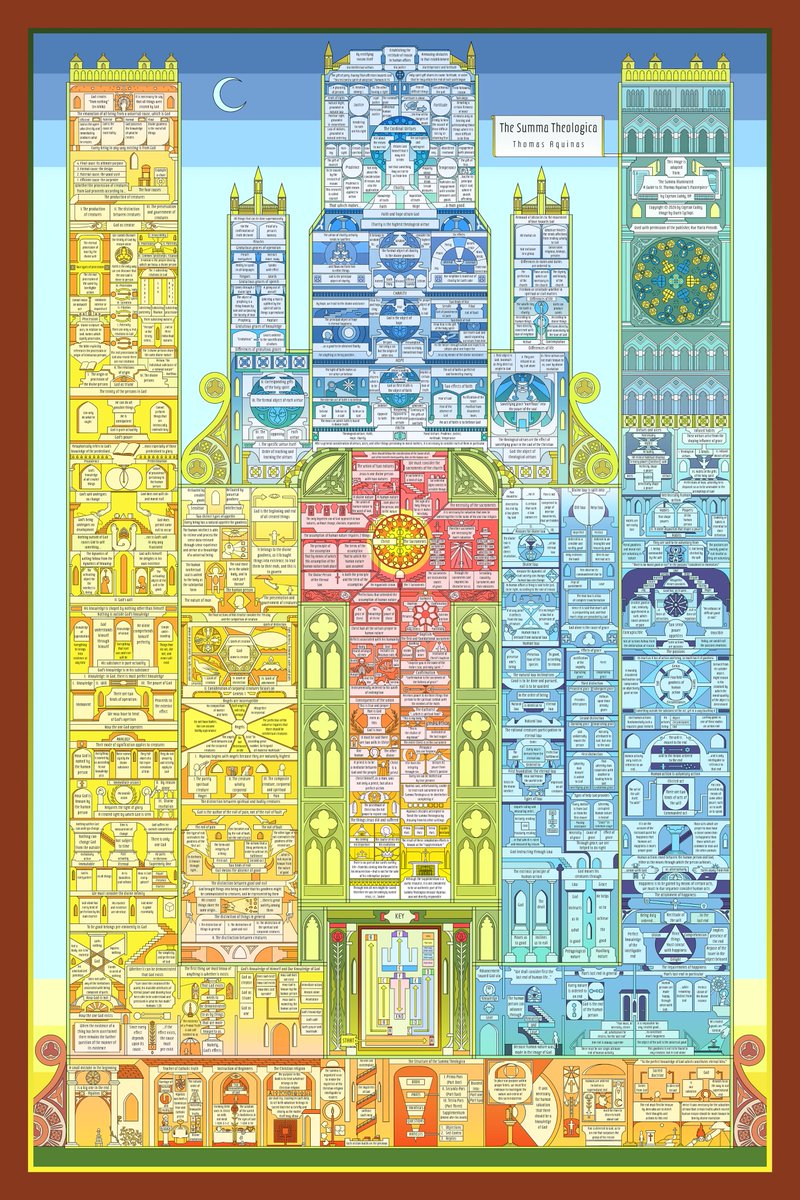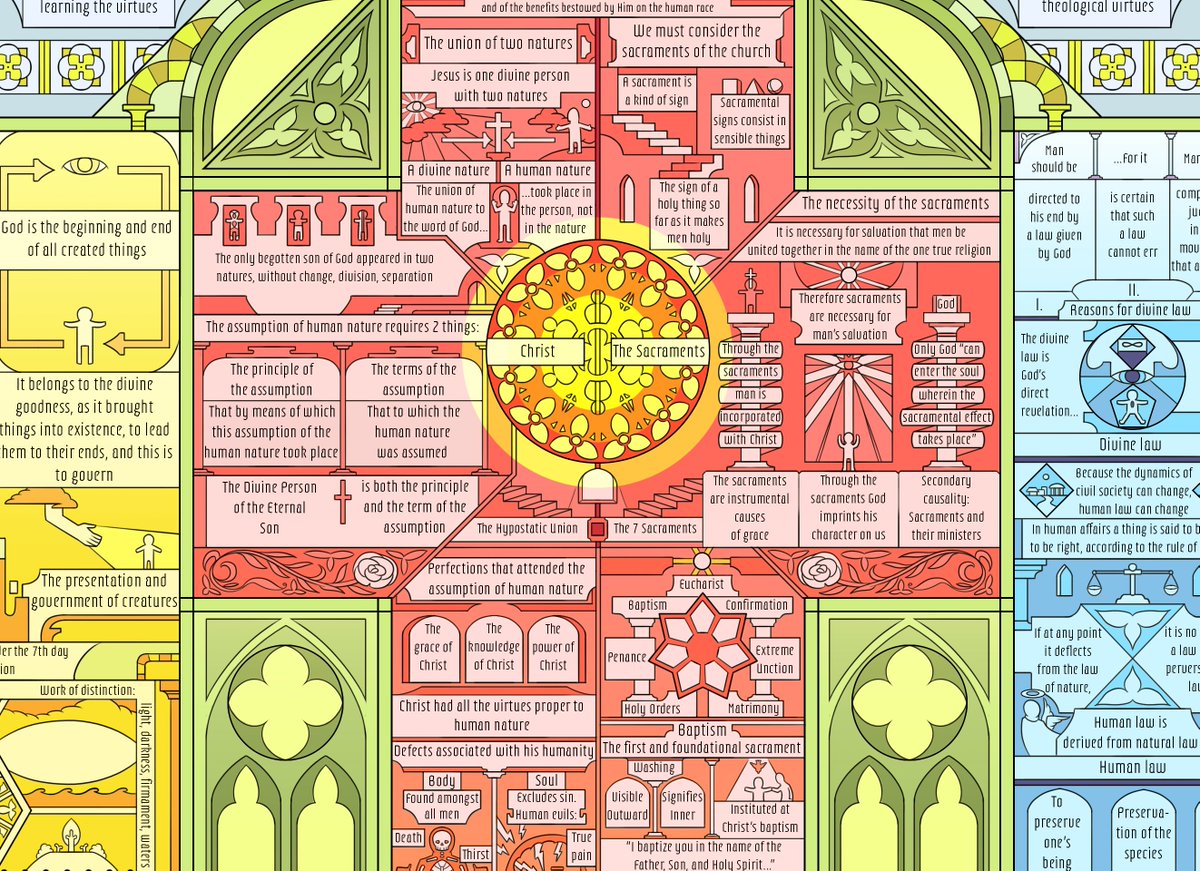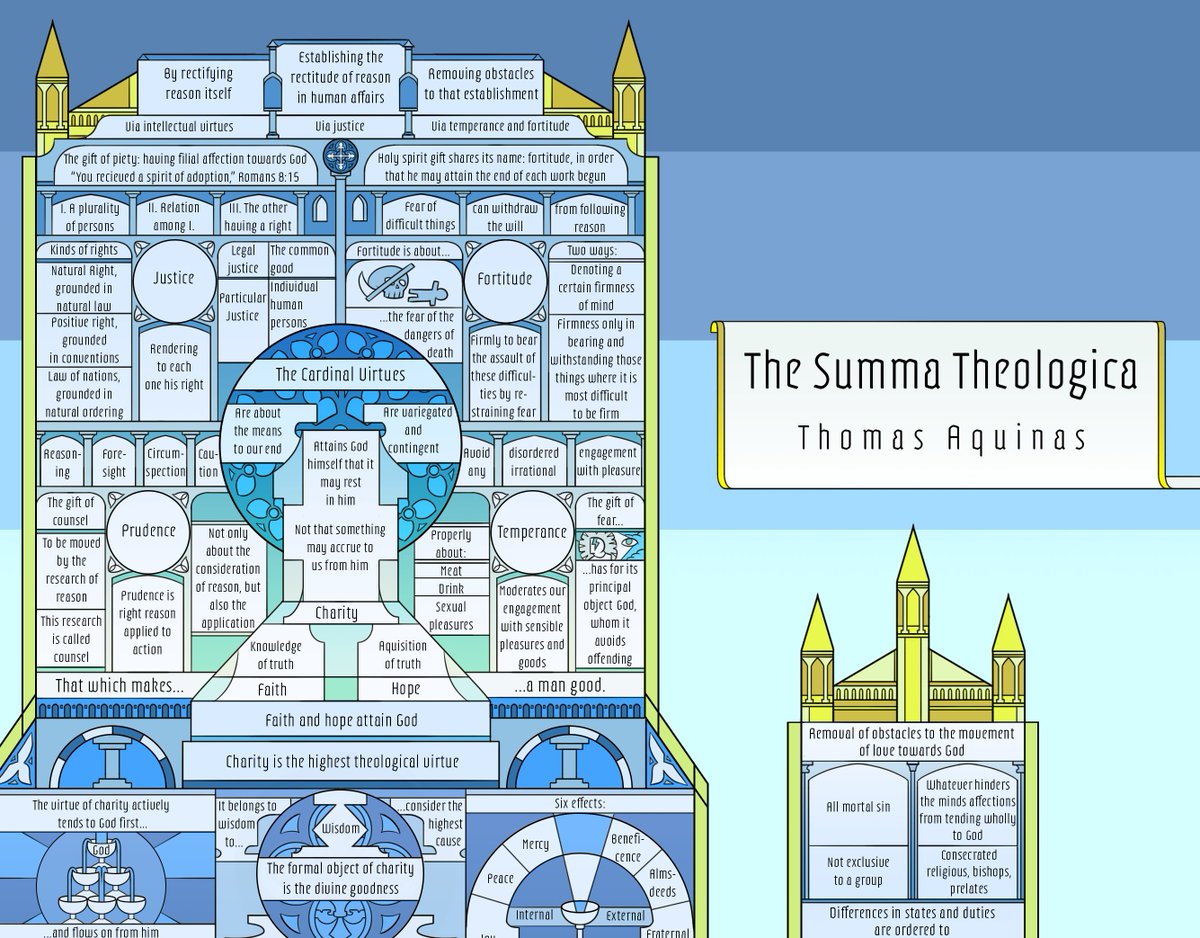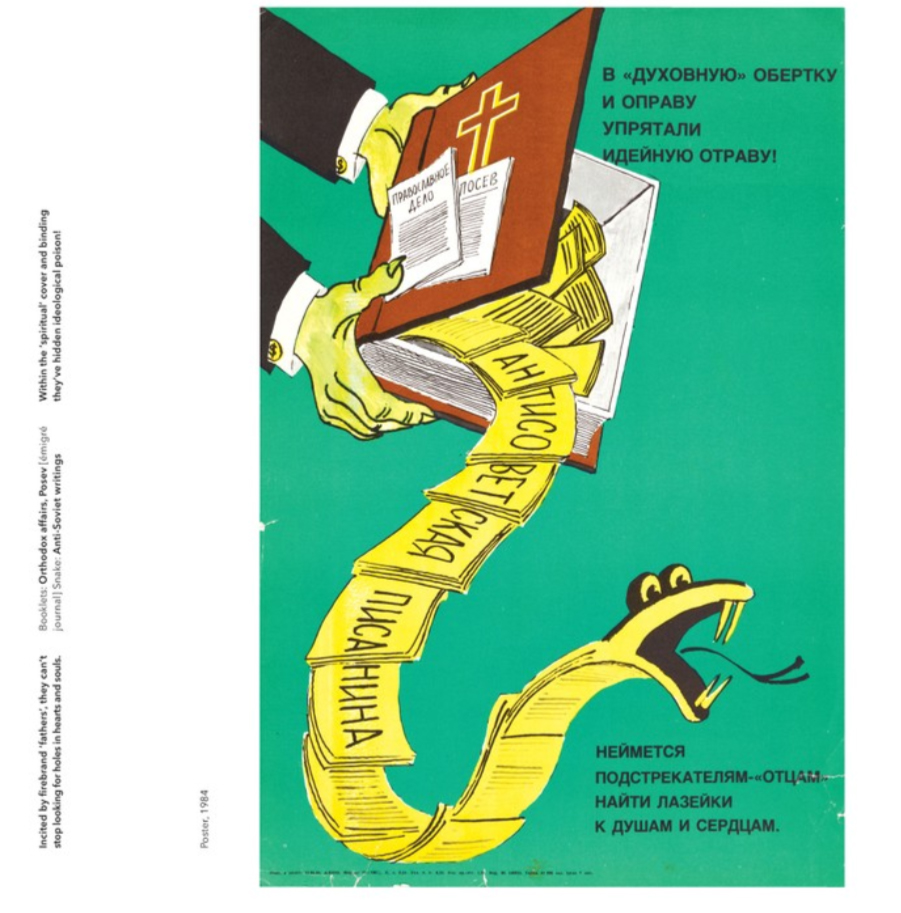MORMON SATAN AND HELL(ISH) NEW ENGLAND
recently a guy came by the studio and said he had been hitting the books on "satanology": what different groups thought about satan
lets briefly look at satan in mormonism, and its relationship to american theology and our early history
recently a guy came by the studio and said he had been hitting the books on "satanology": what different groups thought about satan
lets briefly look at satan in mormonism, and its relationship to american theology and our early history

[brief usual disclaimer that i have no qualifying background about anything outside of art and am just a random guy who finds this stuff interesting
if this gets RTed beyond my normal crew: im not a member of the LDS church, you could call me an american religion enthusiast.]
if this gets RTed beyond my normal crew: im not a member of the LDS church, you could call me an american religion enthusiast.]
[if ur a nerd or are part of that world, for that reason im intentionally using the term mormon rather than LDS but thats beyond the scope of this thread]
if you picked up a full copy of the mormon scriptures, in it would be the bible (KJV), which you are probably familiar with
if you picked up a full copy of the mormon scriptures, in it would be the bible (KJV), which you are probably familiar with

then there would be a book you've probably heard of: the book of mormon, and then two you probably haven't heard of: doctrine and covenants, sort of a doctrinal historical record, and something called the pearl of great price, which is basically various assorted writings.
for complex cosmological topics, deeper "doctrine", theres sometimes a few ways to read things, so, this is just my view on it (although if you're in that world, im kind of following blake ostler and some people like that in interpreting this - but im not blaming him) (lol).
in my assessment, one of the main cosmological 'tweaks' mormonism makes when compared with classical theism is that it introduces things that are co-eternal with God. we've covered this briefly before from a few angles, but basically mormonism is fine with other eternal 'things' 

to me (not saying that every tweet but this is all just what i think), that really changes the game because things can "just" have qualities. things can "just" be a certain way. for example, mormonism doesnt have creation from nothing (in the biz we call that creation ex nihilo)
it has creation ex materia, meaning creation from materials. matter is basically eternal, it just exists, and God made the world from that matter. this opens the door to matter having innate properties in a way that isnt possible if God made everything from nothing: from scratch
in mormonism, theres an aspect of yourself that is like that as well. some aspect of your "intelligence" is also "just there" on the scene, and always has been. its co-eternal as well. its not clear if its "you" or like clay you were made from, but theres an eternal aspect to it 

this means philosophically we can appeal to it having innate properties - instead of being made 100% from nothing, "you" have an eternal aspect (in both directions, backwards and forwards)
so, that means you can have innate properties that are inherent. heres a brief analogy:
so, that means you can have innate properties that are inherent. heres a brief analogy:
lets make it not abstract and dumb it down
if you were made by a magician from nothing, he could have made you any way, right
but if you had to be made from stone by an artisan, you're going to have certain properties - you'll be cold, hard, you'll be stone. stone has a nature
if you were made by a magician from nothing, he could have made you any way, right
but if you had to be made from stone by an artisan, you're going to have certain properties - you'll be cold, hard, you'll be stone. stone has a nature

thats the difference. working with materials rather than from nothing tapers down the potential variables.
one of those properties intelligence could have in this view is a kind of free will. "just" having free will or a freedom to act, the way stone is "just" hard. it just is.
one of those properties intelligence could have in this view is a kind of free will. "just" having free will or a freedom to act, the way stone is "just" hard. it just is.
it gets complicated and you could paint it differently, but thats my personal assessment of it. maybe God developed it also, or just really really wanted you to have free will - whatever. the point is free will is kind of ultimate in a unique way in this system (imo)
ok. so...
ok. so...
what does that have to do with our look at this american (in a sense) satan?
well, back to those books we mentioned above - satan makes a full appearance in the pearl of great price. in one of the books, he plays a major explicit role in a strange scene. check it:
well, back to those books we mentioned above - satan makes a full appearance in the pearl of great price. in one of the books, he plays a major explicit role in a strange scene. check it:

before... our world, i guess, satan comes to God, and asks to be sent instead of Jesus. he has his own plan - he'll be the one to steward the earth and humanity, and he'll make sure no soul is "lost". he'll do this by trying to destroy man's agency - his free will. 

if he can control everyone's agency and free will - that is, to do away with it, he can make sure that no soul, not even one, will go astray
but of course, God doesn't go with this plan, and Satan rebels and basically becomes the devil
there's a few interesting aspects of this
but of course, God doesn't go with this plan, and Satan rebels and basically becomes the devil
there's a few interesting aspects of this

it creates an interesting relationship between Satan and the destruction of man's agency - i'm thinking of people addicted to stuff who lose a type of free will, right, which kind of folds back on free will being something inherent to man.
(odd footnote: mormons + sobriety [?])
(odd footnote: mormons + sobriety [?])
we're skipping that, and taking a historical theology angle.
this means that in this system, let's say you're a random 1800s american hearing this - that makes Satan a kind of bizarre mix of universalist and calvinist.
i cant think of another example of these things melding.
this means that in this system, let's say you're a random 1800s american hearing this - that makes Satan a kind of bizarre mix of universalist and calvinist.
i cant think of another example of these things melding.

calvinism is usually seen as having a special antithetical relationship to free will (debatable, too much to open here) - but it feels like that angle is woven right into predestination and damnation. if you're not elect, you're not going to heaven
this is the opposite of that
this is the opposite of that
this is a type of predestination oriented around no one being lost.
basically, youre going to be saved, whether you like it or not.
that is very bizarre, but makes sense in a larger cosmology where free will and development is intrinsic to what "man" is.
lets go to vermont
basically, youre going to be saved, whether you like it or not.
that is very bizarre, but makes sense in a larger cosmology where free will and development is intrinsic to what "man" is.
lets go to vermont

i think this is especially interesting in terms of early american religion, and plugs into a lesser known aspect of our history.
so, joseph smith was born in vermont. later, he moved to upstate new york.
obviously, you may know early american religion was often super calvinist
so, joseph smith was born in vermont. later, he moved to upstate new york.
obviously, you may know early american religion was often super calvinist
in fact i would say a lot of early american sectarian (i.e. fringe) groups started as a rebellion against orthodox calvinism (for example, the 'free will baptists', it's right in the name)
well, another group like that was the universalists, who believed in universal salvation.
well, another group like that was the universalists, who believed in universal salvation.

that meaning: everyone goes to heaven.
well, lets follow an interesting historical thread on the way out. i kind of believe in ideas and spiritual inclinations (?) running through families and places so, this is equivocal in terms of mormon origins: its just interesting.
well, lets follow an interesting historical thread on the way out. i kind of believe in ideas and spiritual inclinations (?) running through families and places so, this is equivocal in terms of mormon origins: its just interesting.
joseph smiths grandfather helped start a universalist society in vermont in the 1790s. that means he was really into it (duh).
universalism was taking off super hard in new england around this time and after.
even joseph smith's dad was probably into universalism:
universalism was taking off super hard in new england around this time and after.
even joseph smith's dad was probably into universalism:

new england was the universalist spot. massachusetts and vermont, all around there. it was one way people were breaking with calvinism, and they were really into it (relatively).
likewise, living in new england, they would have obviously been familiar with calvinist ideas.
likewise, living in new england, they would have obviously been familiar with calvinist ideas.
but im unfamiliar with the two mixing fully into one bowl and purported theological viewpoint, outside of this very brief depiction of satan: specifically, a failed plan, a dream denied: the removal of free will, in the service of universal salvation.
thats pretty interesting.
thats pretty interesting.

a unique take on satan, at least to me, in my own travels
in a book called 'mormon doctrine' its summed up as, "...as always, he was in opposition to the full plan of the Father, and so he sought to amend and change the terms of salvation; he sought to deny men their agency..."
in a book called 'mormon doctrine' its summed up as, "...as always, he was in opposition to the full plan of the Father, and so he sought to amend and change the terms of salvation; he sought to deny men their agency..."

• • •
Missing some Tweet in this thread? You can try to
force a refresh
























